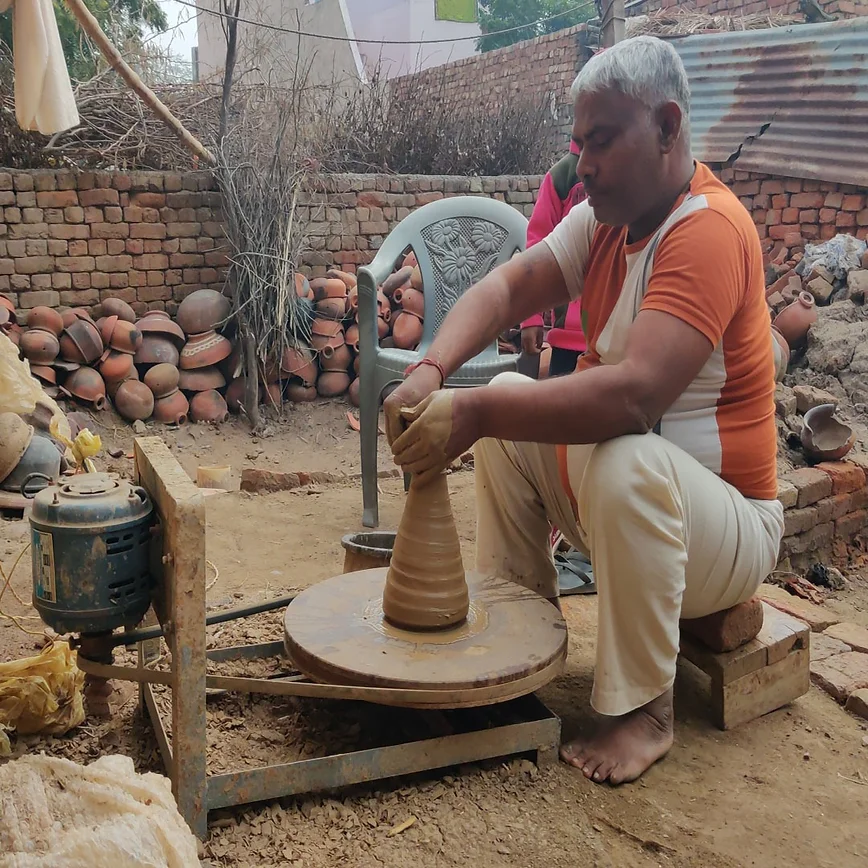Home
About Us
Page 2
The program seeks to provide Capacity Building Assistance to tribal health departments in specific areas such as:
|
|
a) capacity building assistance to prepare for public health department accreditation
b) capacity building assistance to implement model program and policy practices that address Winnable Battles such as Food Safety, Healthcare-associated Infections, HIV, Motor Vehicle Injuries, Nutrition, Physical Activity, Obesity, Teen Pregnancy and Tobacco Use.
The CDC is planning to enter into three cooperative agreements with eligible organizations and is set to administer funds amounting to $585,000 to be utilized for a period of two years.
The only organizations that will be eligible to take part in the Capacity Building Assistance to Improve Health in Tribal Populations Program are National Tribal Organizations that are recognized by the governing bodies of American Indian and Alaska Native tribes.
The Centers for Disease Control and Prevention has outlined that the following organizations are eligible to submit an application for this program:
a) National Indian Health Board
b) National Congress of American Indians
c) The Association of American Indian Physicians
The Department of Health and Human Services, the primary agency funding the Capacity Building Assistance to Improve Health in Tribal Populations Program, is the US government's leading agency that is responsible for protecting the health of all Americans and for providing vital human services to all.
Capacity Building Assistance to Improve Health in Tribal Populations Program
Back to Page 1
About The Author Michael Saunders is an editor of TopGovernmentGrants.com one the the most comprehensive Websites offering information on government grants and federal government programs. He also maintains Websites providing resources on environmental grants and grants for youth programs. |
Additional Resources
category - Health Grants
Lifespan Respite Care Program - Technical Assistance Resource Center
Cancer Research Network: a Research Resource within Health Care Delivery System
Biodemography of Aging Program
Center for Disease Control and Prevention: Training for States on Winnable Battles
Follow @topgovtgrant
Social Entrepreneurship
Spotlight
Reviving Ancient Indian Art Forms – Empowering Artisans Towards Entrepreneurship

Rivaayat is an initiative by Shri Ram College of Commerce, Delhi to revive various dying art form and solve innumerable problems faced by the artisans. Rivaayat began with reviving a 20,000-year-old art form of pottery that is a means of survival for 600 families residing in Uttam Nagar, Delhi.
